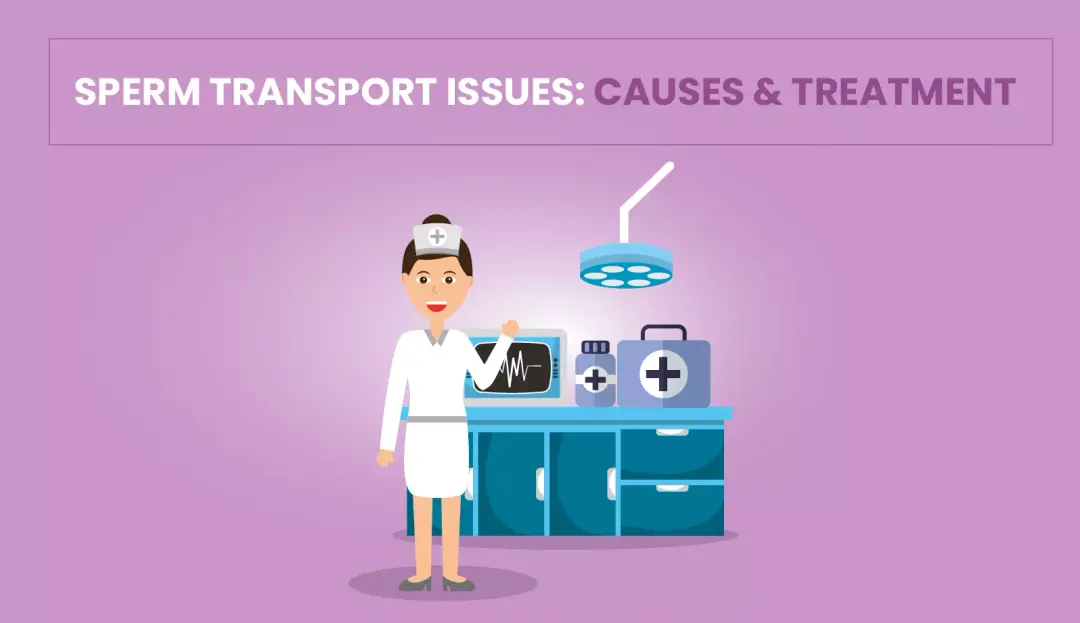To conceive a child, you need healthy sperms and an ovum, and if these factors are not in place, infertility will occur.
Although some people still believe infertility is only the fault of the female, around the world about 30-40 % of males are directly responsible for infertility.
The average man has 100 to 300 million sperm in his semen, but if there is no sperm or there is an obstruction in sperm transportation it can be difficult for couples to conceive.
Men’s infertility can be caused by various factors, including:
- Defective sperm, i.e. a low number of sperm, low motility (movement) of sperm, or a deformed shape.
- Obstruction in the ejaculation of sperm and transportation of sperms
- Hormonal disorders
- Endocrinal disorders such as obesity, thyroid dysfunction
- Congenital defects such as undescended testes
- Infectious conditions such as varicocele and mumps
- Cancerous tumours and their treatment such as radiotherapy and chemotherapy
- Genetic defects in chromosomes
- Chronic diseases, excessive smoking, and excessive alcohol consumption
In this article, the main focus of discussion is on the sperm transpor issues, their causes, and the available treatment.
What are the causes of obstruction in the transportation of sperm?
The testes of men produce enough sperm, but a sperm transportation issue that prevents those sperm from exiting the testes and going into the ejaculate in the urethra/penis can lead to infertility.
Obstructions occur most commonly in these parts of the male genital tract:
- Epididymis: It is a coiled tube at the back of each testicle where sperm matures.
- Vas deferens: A tube that transports the sperm from the epididymis to the pelvic cavity just behind the bladder.
- Ejaculatory duct: It is a hollow tube from which the sperm exits and is mixed with a fluid to form semen.
Causes of epididymis blockages
The epididymis can be blocked for several reasons that can be infectious, congenital (from birth), etc.
Some of them are:
- Infections in the epididymis
- Inflammation
- Scrotal trauma or any injury
- Genetic conditions: They can cause either a blockage or abnormal development of genital organs.
Causes of vasa deferens obstruction
Several conditions can lead to an obstruction in the vasa deferens and cause the transportation issue of sperms.
They are:
- Trauma/injury
- Sometimes previous surgery like a hernia repair can also obstruct the vasa deferens
- Cystic fibrosis – genetic mutations, which can result in an abnormal connection to the urethra
- Midline Congenital Cysts – These congenital cysts block the vasa deferens from emptying the sperm into the urethra
- Vasectomy– During a vasectomy, your surgeon cuts each vas deferens to stop the flow of sperm.
Causes of ejaculatory duct blockages
For the transportation of sperm, the ejaculatory ducts are also important and any blockage in them hampers the transportation system.
Some causes of ejaculatory duct blockages are;
- Congenital (Birth) defect
- Infections
- Trauma
- Past surgery
Some other causes of obstruction in the transportation of sperm are-
Phimosis– A condition in which the foreskin can be retracted and that can block the semen from coming out of the penis.
Scarring– If STDs are left untreated it can cause scarring leading to the blockage of semen from coming out of the penis.
What are the symptoms of blockage of sperm?
In the majority of cases, it is only associated with infertility and no other specific signs or symptoms point to this issue.
But in cases where the blockage is caused by an infection, there are possibilities of having these signs and symptoms;
- Abnormal penis discharge with a peculiar smell.
- Inflammation of the penis along with discomfort during urination or ejaculation is also seen in a few cases.
- The amount of semen ejaculated in case of a blockage will also be reduced in most cases.
What is the management of blockage of sperm?
The management of removing the blockage of sperm is done by surgery or by making the connection that can never develop because of some birth defects.
Our doctors at Crysta IVF specialize in delicate treatments to treat these conditions, safely and effectively restoring the flow of your sperm. Although if surgical reconstruction is not possible, or you wish to avoid it, there is often another option as well.
Our fertility specialists can extract sperm from:
- Testicles
- Epididymis, the adjacent tube where sperm mature
- Vas deferens, the tube that transports sperm
Then, we use extracted sperm to attempt pregnancy via in vitro fertilization (IVF).
Our fertility experts at Crysta IVF will take the time to fully discuss the options with you and help you make a decision and help you in getting appropriate IVF treatment in Delhi.
Bottom Line
Infertility is a stress-filled disease that involves multiple investigations and long-term treatment.
However, today, technology has given a ray of hope to many couples to treat infertility. There have been many advanced technologies utilized in the fields of medicine, such as artificial insemination, intrauterine insemination, and in-vitro fertilization.




